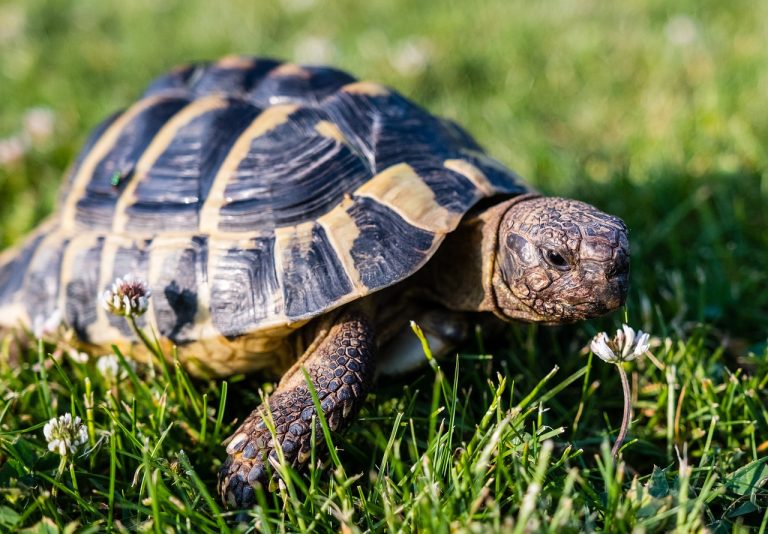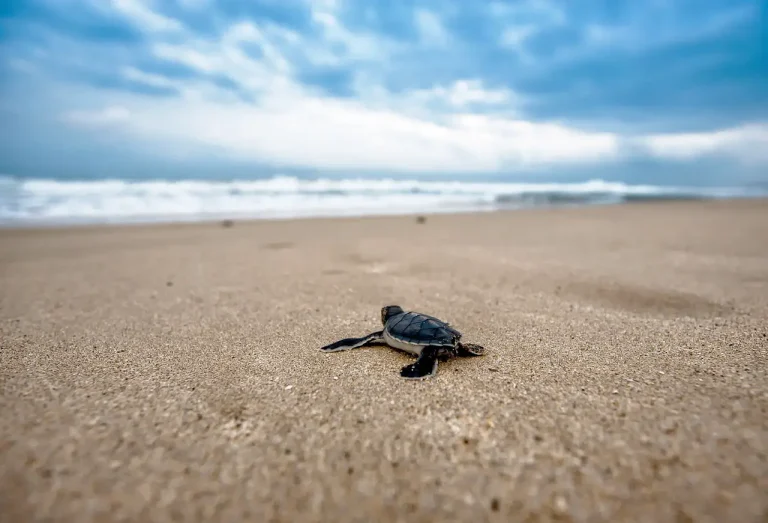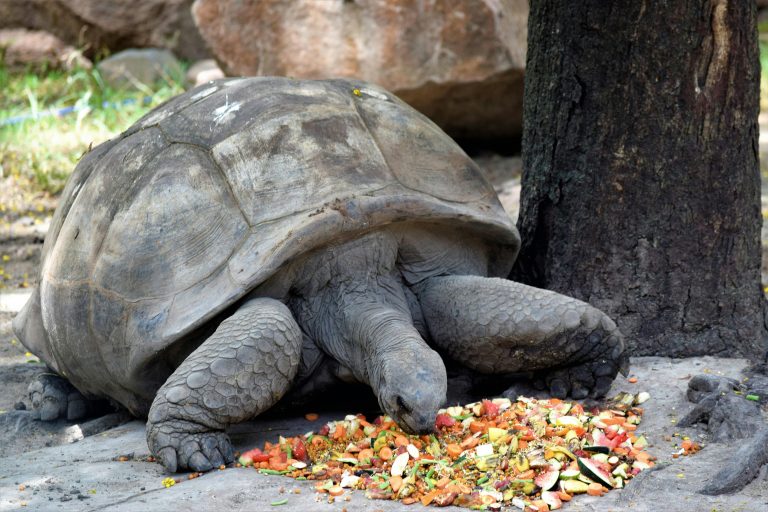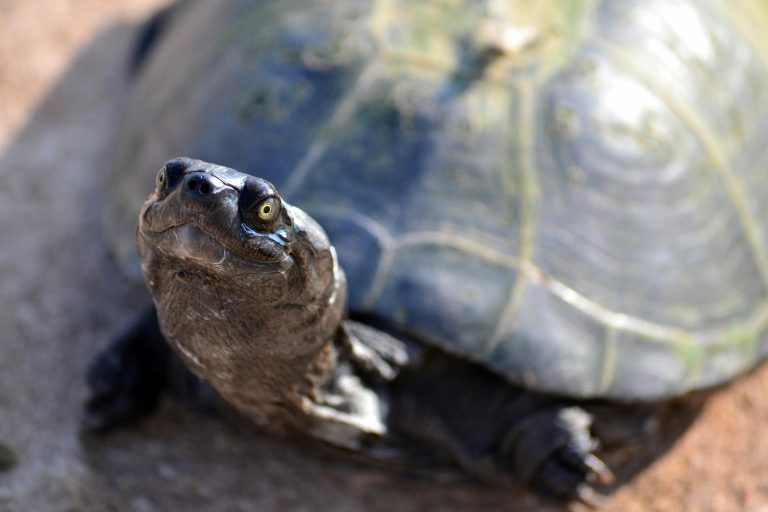Why Does My Tortoise Chase Me?
Ever found yourself in a comical race with your pet tortoise? Sounds like something straight out of a whimsical tale, doesn’t it? But before you dismiss it as pure fantasy, let me share a bit of insight with you. It turns out, these seemingly slow creatures can actually be quite the sprinters, and they’ve been known to give their owners and unsuspecting passersby a run for their money.
So, why exactly do tortoises engage in such unexpected pursuits? Well, it seems there are a few motives at play. First off, there’s the matter of affection and excitement. Believe it or not, tortoises can be rather fond of their human companions, and sometimes, that fondness manifests in the form of a playful chase. Then there’s the issue of hunger – a hungry tortoise isn’t afraid to make its desires known and will eagerly pursue anyone who might have a tasty treat on hand.
But it doesn’t stop there. Territorial jealousy, pregnancy hormones, plain old boredom – these are all potential factors that could spur your tortoise into action. And let’s not forget about mating season, when male tortoises pull out all the stops in an elaborate display to win over their female counterparts.
So, if you’ve found yourself on the receiving end of a determined tortoise chase, the question remains: what can you do about it? Fear not, for answers await. Keep reading to discover how to put the brakes on your tortoise’s pursuit and restore a sense of peace and tranquility to your tortoise-human relationship.
Key Takeaways
- Tortoises are smart enough to recognize the owners and approach them out of excitement.
- Chasing the owners is often linked to territorial issues and hunger.
- Hormonal changes during the mating season and pregnancy period can also make the tortoises chase their keepers.
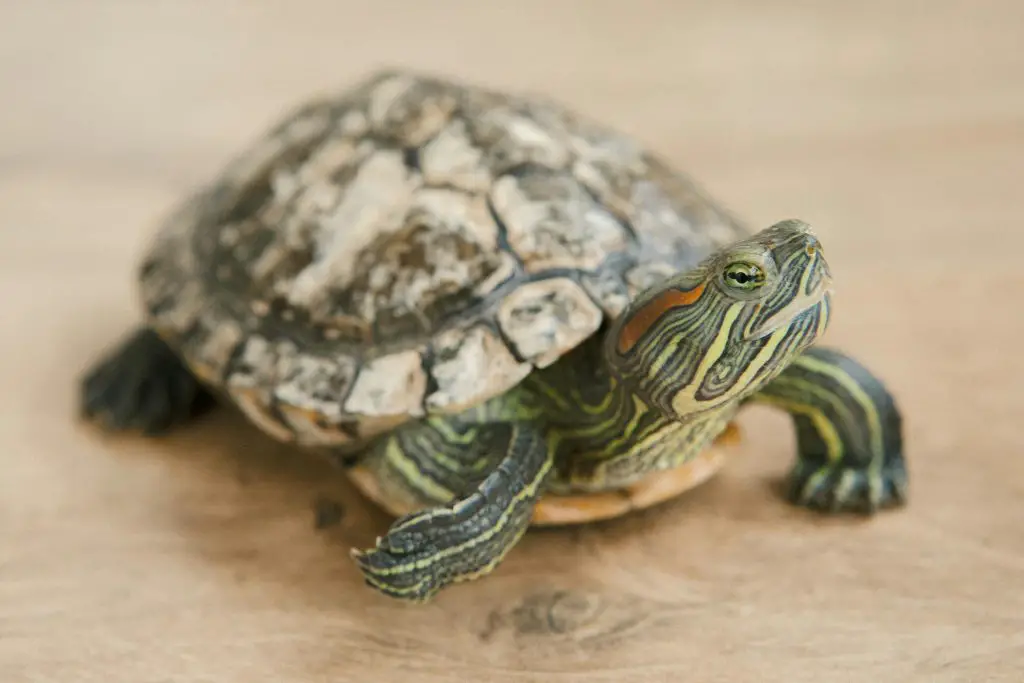
5 Reasons Why You Tortoises Chase You
Tortoises, those seemingly placid creatures, can surprise you with their bursts of energy and unexpected behaviors. Often, their actions are driven by a complex mix of emotions and instincts, which we humans might not always fully grasp.
- Affectionate Pursuits: Believe it or not, tortoises are capable of forming bonds with their human caretakers. Over time, they come to recognize and even seek out their companions, driven by a sense of fondness and anticipation of good things to come. And let’s not forget the allure of food – for a hungry tortoise, the sight of their keeper might evoke excitement and playful pursuit.
- Territorial Tendencies: Despite their gentle demeanor, tortoises can also be surprisingly territorial. This can manifest in unexpected ways, such as chasing or even aggression towards their owners, particularly if they feel their space is being encroached upon. It’s not personal – they simply see you as a potential threat to their domain.
- Hunger Pangs: Hungry tortoises are not to be trifled with. They’ll eagerly pursue anyone who might hold the promise of a tasty meal, recognizing their keeper as the bearer of sustenance. This behavior serves as a clear indication that it’s time to fill those empty bellies and provide the nourishment they need.
- Boredom Buster: Yes, tortoises can indeed get bored. And when they do, they’re not afraid to shake things up a bit – even if it means chasing their human companions for a bit of excitement. It’s a reminder to keep their environments enriched with stimulating activities and toys to ward off boredom-induced antics.
- Maternal Instincts and Mating Season: During pregnancy or mating season, tortoises undergo significant hormonal changes that can alter their behavior. Pregnant females become particularly protective of their nesting sites, while males may engage in elaborate displays of dominance and courtship, which may include chasing behaviors directed at both potential mates and unwitting onlookers.
Understanding these diverse motivations behind a tortoise’s pursuit can help us provide better care and companionship to these fascinating creatures. So, the next time your tortoise decides to embark on a spirited chase, remember – there’s often more to it than meets the eye.
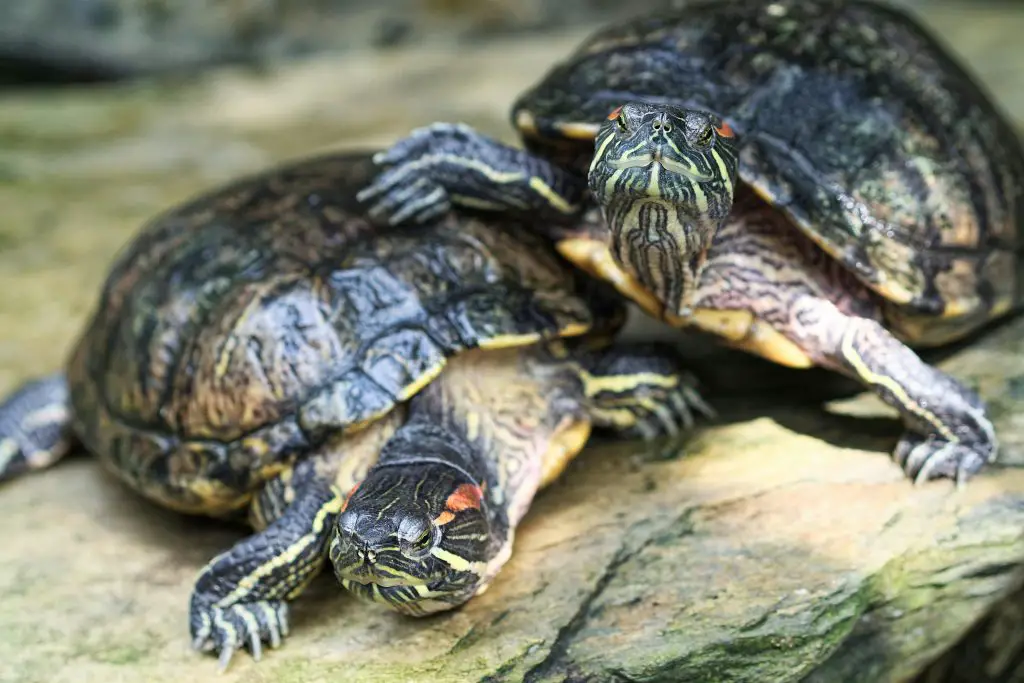
Why Is My Tortoise Chasing And Biting?
When a tortoise goes beyond just chasing and starts biting or engaging in head banging, it’s a clear sign that territorial instincts are at play. This heightened level of aggression is often observed in male tortoises, especially during mating season, as they vie for dominance and defend their territory against perceived threats.
Pregnant tortoises, too, can exhibit similar behavior, driven by their innate need to protect their nesting sites and ensure the safety of their offspring-to-be. The combination of chasing, biting, and head banging serves as a formidable warning to any intruders – human or otherwise – that they’re encroaching on sacred ground.
So, if you find yourself on the receiving end of such behavior, it’s important to tread carefully and respect the tortoise’s boundaries. After all, in their world, defending territory is a matter of survival, and they’ll go to great lengths to safeguard what’s theirs.
Conclusion
Surprisingly, tortoises possess a unique means of communication that extends beyond their usual silent demeanor. While they may not be as vocal as some other animals, they do have ways of expressing their emotions through sound – yes, you heard that correctly.
When a tortoise is feeling particularly passionate, whether it’s in the throes of lust or the depths of love, it might emit low grunts, groans, or even hisses to convey its feelings. These sounds, though subtle, serve as a form of communication among tortoises, allowing them to express their desires and intentions to potential mates or rivals.
Similarly, when faced with anger or aggression, a tortoise might vocalize its displeasure through sharp hisses or even guttural growls, signaling its readiness to defend itself or its territory against perceived threats.
So, next time you’re in the presence of a tortoise, listen closely – you might just hear them speaking their minds in their own unique way. After all, even the quietest creatures have their own voices when you know how to listen.
